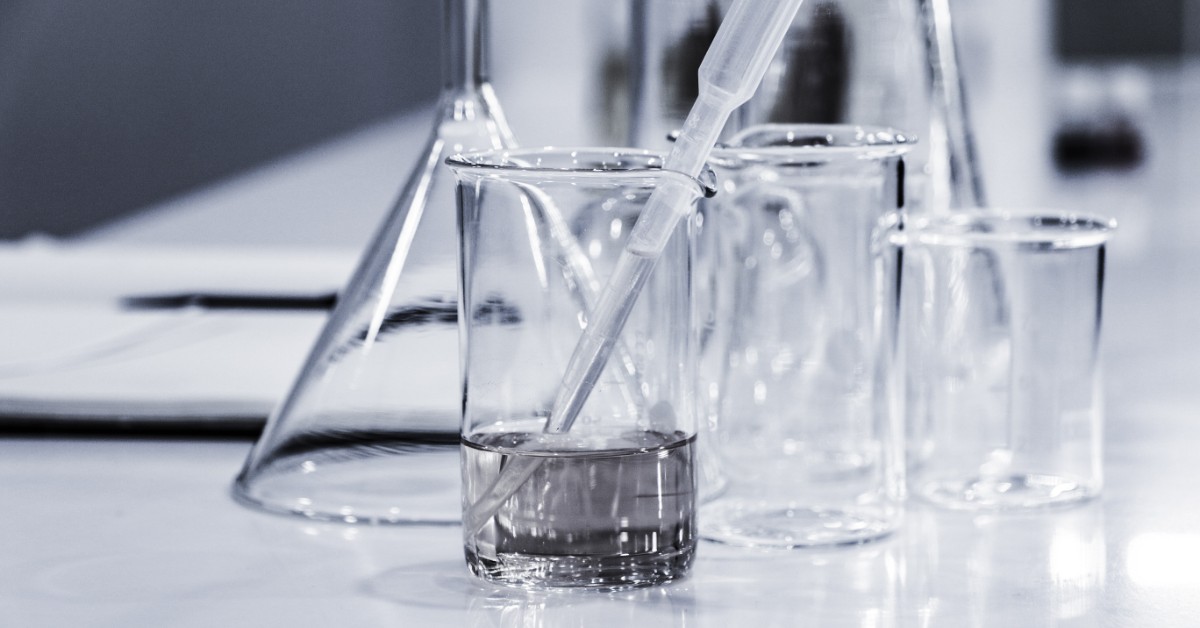
You’ve probably seen silicone hoses running through your car engine.
You’ve certainly eaten foods and had drinks that were processed in equipment that contains high-temperature silicone tubing.
And there’s a good chance that you’ve flown in airplanes that include a variety of ozone-resistant, temperature-resistant silicone hoses that are durable, flexible, and strong.
You may even have used silicone hoses in your kitchen remodeling project! But unless you’re a chemical engineer or a rocket scientist, it’s unlikely that you know much about what silicone is and what, exactly, those tubes are made of.
Would you like to learn a few interesting facts about silicone? All right, then, read on!
Silicone Is A Polymer
This probably creates more questions than answers them! Polymer may be even less familiar of a word than silicone, so we’ll explain.
A polymer is a large molecule made of repeated units. Polymers can be synthesized, or they can be found naturally in the world all around us … and within us! In fact, DNA is an example of a polymer, and yet, so are synthetic plastics.
And that’s exactly what silicone is: It’s a synthetic plastic known for its strength and flexibility.
Silicone Is Not The Same As Silicon
Even though these words differ by just a single letter, they represent two different things. As you might expect, though, they are related. Here are the definitions for you:
Silicone: The name applies to a class of synthetic materials that are polymers, as we’ve already established. These materials have a chain-style chemical structure made of silicon and oxygen atoms along with other elements. Silicone works great as a plastic as well as an additive to a number of creams and lubricants, in part because of its ability to maintain its integrity even in temperature extremes, and also when exposed to a wide range of chemicals.
Silicon: This is a chemical element that you’ll find in the periodic table, which you might remember from your chemistry classes long ago. If you take a look at a periodic table, you’ll find silicon listed at atomic number 14, represented as Si (you may recall that helium is He and Gold is Au). You also might remember that these elements are thought of as the basic chemical building blocks of matter. Silicon has semiconducting electrical properties, making it very useful in electronic circuits.
So there you go. Silicon is a basic building block of matter, while silicone is a synthetic substance that’s made from a combination of basic elements, including silicon and oxygen.
Silicones Are Also Called Polysiloxanes
That’s right silicones are also known as polysiloxanes, but somehow, that name hasn’t caught on outside of the world of science.
Silicone Is Found In Many Personal Care Products
Take a moment to read the ingredients in your favorite shampoo, shaving cream, or hair conditioner. Chances are, you’ll find some type of silicone listed there.
Silicone Is Prominent In Medicine
Go to a hospital or medical clinic pretty much anywhere, and you’ll find many important components made from this synthetic substance. They include:
- Medical grade seals and gaskets
- Contact lenses
- Breast implants
- Pectoral implants
- Scar treatment sheets
- Bandages
And It’s Pretty Prevalent In Your Kitchen
Look through your kitchen drawers and cabinets and you’ll find a number of items made from silicone. Here’s a sampling of kitchen tools that are made with silicone, at least in part:
- Oven mitts
- Soup ladles
- Muffin molds
- Nonstick bakeware
- Steamers
- Cookware lids and handles
Silicone is a popular material for kitchen use because of its low toxicity and its ability to function well at high temperatures without degrading.
Now That You Know More About Silicone
Now that you know some facts about silicone, we want to share with you some important information about our silicone hoses!
As you probably know, Flex Technologies is an industry leader in the manufacture and provision of high-quality silicone hoses for use in many different industries. Here are just a few facts about our products:
- They’re used by clients throughout the world in numerous applications.
- Industries that regularly use our silicone hoses include automotive, pharmaceutical, cosmetics, food processing, manufacturing, and many others.
- We carry silicone hoses that resist temperatures as high as 500 degrees Fahrenheit!
- Our hoses, tubes, and raw materials are tested regularly to ensure compliance with industry standards.
- Hoses come in different lengths, diameters, styles, and colors to meet a wide range of needs.
Flex Technologies regularly works with clients to come up with custom solutions, when needed. So whether you have a design to build using standard, off-the-shelf silicone hose parts, or you need a personalized solution, we can help. Contact our company today for assistance with locating (or developing) just the right silicone hose components for your needs!
![]()
 Default Currency
Default Currency
 Mexican Pesos
Mexican Pesos
 Canadian Dollar
Canadian Dollar


